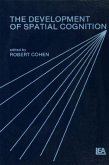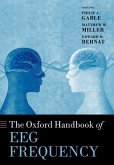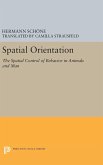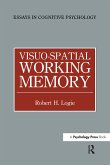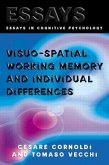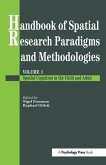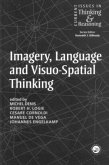How does the brain process motion? Characteristics of the patterns of motion cast on the retina by independently moving objects and patterns of optic flow occasioned during movement of the observer are very different. In optic flow the local motion signals measured by direction selective cells in Visual Area 1 of the cortex (V1) can all be pooled together across the visual field to resolve the direction of motion. So feature cues are unlikely to help motion detection for this type of movement. In contrast object motion requires the spatial segmentation of motion signals. This suggests feature cues available to V1 such as luminance polarity, colour and spatial frequency can potentially be useful in facilitating the extraction of object motion. However, previous psychophysical experiments have shown that motion signals are pooled despite differences in features, except for one previous study. Does the brain not need this ostensibly useful information, or have previous studies used stimuli that did not necessitate object processing? This paper describes a study that investigated this question.
Bitte wählen Sie Ihr Anliegen aus.
Rechnungen
Retourenschein anfordern
Bestellstatus
Storno


